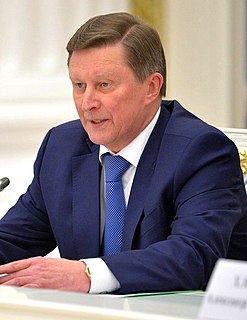A Quote by Peter Bergen
In mid-November 2001, as they moved toward the city of Kandahar, the Taliban's de facto capital in southern Afghanistan, Amerine's team called in airstrikes against advancing Taliban units and more or less obliterated a Taliban column of a thousand men that had been dispatched from Kandahar. It was the Taliban's final play to remain in power.
Related Quotes
What everyone underestimated was the acute unpopularity of the Taliban, even in the Pashtun areas. People like myself were saying the Taliban would be driven out very swiftly from the north of Afghanistan, but given that their main support base was in the Pashtun belt, there would be greater resistance there. That didn't happen. The Taliban had become deeply unpopular and were actually discarded by the Pashtun population almost as quickly as they were in the north. I don't see the Taliban coming back in any way.
In 2001, we were told that the war in Afghanistan was a feminist mission. The marines were liberating Afghan women from the Taliban. Can you really bomb feminism into a country? And now, after 25 years of brutal war - 10 years against the Soviet occupation, 15 years of US occupation - the Taliban is riding back to Kabul and will soon be back to doing business with the United States.
It seems perverse to focus too much on the casualties or hardship in Afghanistan ...[Showing the misery of Afghanistan ran the risk of] promoting enemy propaganda...we must talk about how the Taliban are using civilian shields and how the Taliban have harboured the terrorists responsible for killing close up to 5,000 innocent people.



























